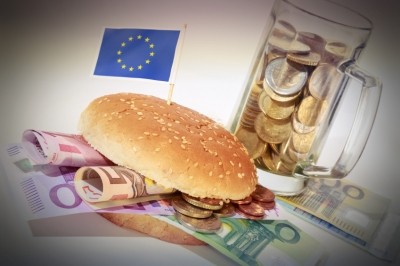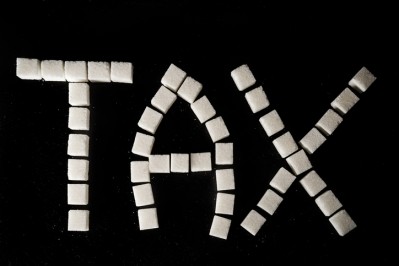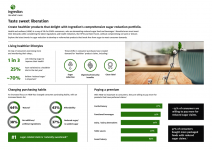Danish government scraps fat tax, cancels planned sugar tax

The fat tax was put in place in October 2011 in an effort to reduce the amount of saturated fat in Danish diets. It added 16 kroner (about €2.15) per kilo of saturated fat in foods.
Announcing its fiscal 2013 budget, the Danish tax ministry said in a statement that fat and sugar taxes have been criticised for increasing prices for consumers and companies alike, and for putting Danish jobs at risk, as well as contributing to Danes travelling across the border to buy cheaper foods.
"The suggestions to tax foods for public health reasons are misguided at best and may be counter-productive at worst,” the tax ministry said. “Not only do such taxes not work, especially when they choose the wrong foods to tax, they can become expensive liabilities for the businesses forced to become tax collectors on the government's behalf.”
The ministry added that such taxes were regressive, affecting those on lower incomes more than wealthier tax payers.
The Danish Food & Allied Workers Union (NNF) welcomed the government’s decision. NNF chairman Ole Wehlast said: “We are especially happy that fat and sugar levies have been removed because they do not work as intended.”
He said that the taxes have led to Danish jobs being shifted abroad and would likely cause further job losses within Denmark.
However, the European Public Health Alliance (EPHA) disagreed with the Danish government’s claim that the fat tax did not work.
EPHA policy coordinator for policy coherence Zoltan Massay-Kosubek told FoodNavigator: “We would like to see the Danish government rethink its position. We think it is unlikely but we never give up hope.”
He said that the Danish government had not allowed the tax to remain in place for a long enough time to see an effect on people’s health.
“In my opinion, we would see benefits but only in the longer term. We cannot expect benefits in one year. This is a difficulty in every policy area.”
























